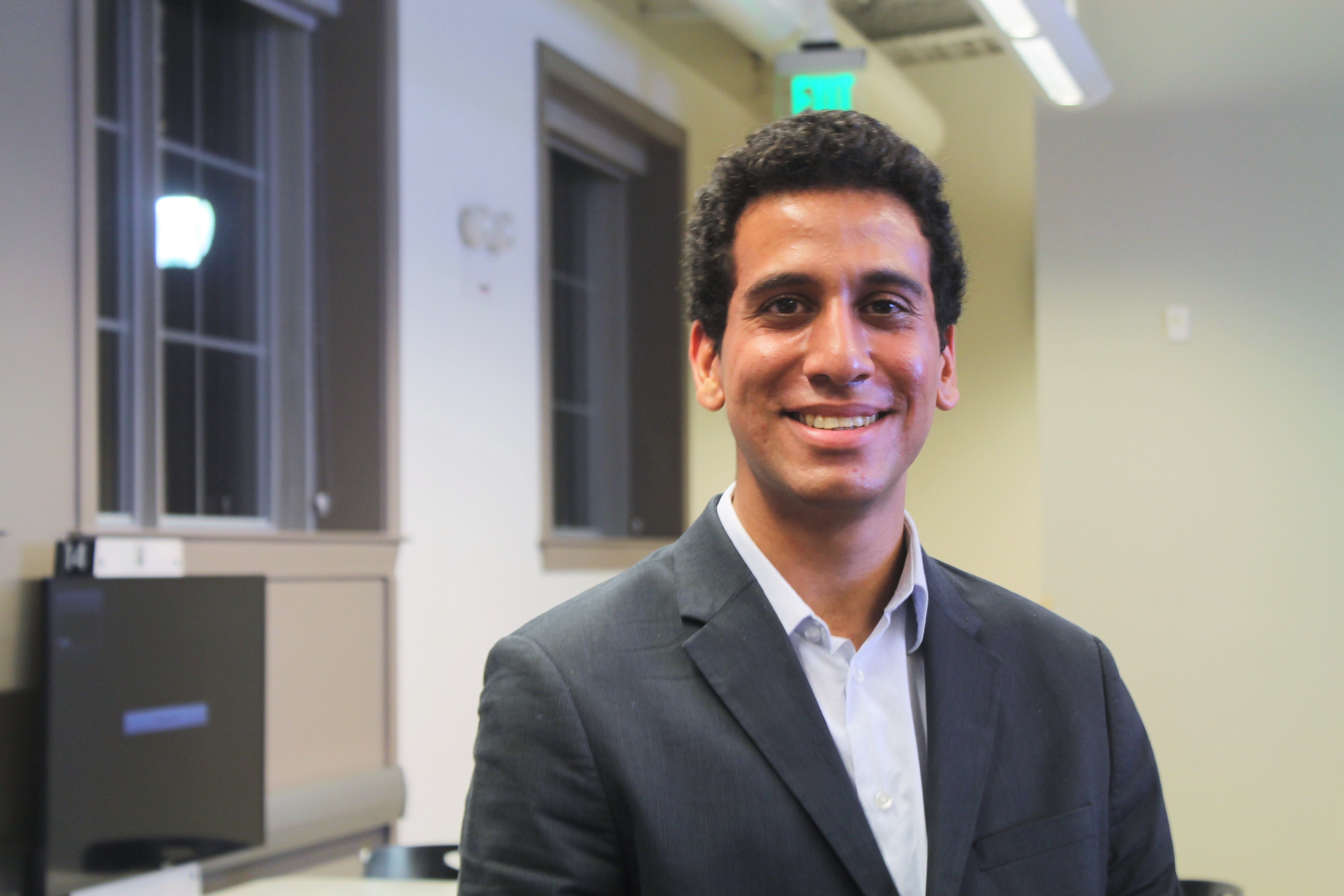At the age of 16, I was diagnosed with ulcerative colitis, a chronic condition in which the body’s immune system attacks the colon.
It all began during the summer before my senior year of high school. After noticing blood in my stool and experiencing abdominal pains, I decided to go see a doctor. Months later, I received a colonoscopy. After the procedure, I remember being moved around on the trolley, looking around to see that everyone else was old and then there was me, the lone, young teen. I remember the GI doctor coming up to me after the procedure and telling me the results. “You have ulcerative colitis,” he said.
“What’s that?” I asked. And he explained. I don’t remember everything that he said, it’s all a blur, although I do remember one thing he told me: “It won’t go away. It’s chronic.”
At the time, I did not understand the significance of this statement. I did not understand how the diagnosis would affect me physically, emotionally, and socially. Today, I am starting to come to terms with my condition, and, while not letting it define me, am comfortable with letting it be a part of who I am.
Ulcerative colitis is often referred to as an invisible illness, since someone who suffers from it shows no visible symptoms. Furthermore, there is very little rhetoric about ulcerative colitis in the public space, partly due to the awkwardness of speaking about issues related to the gastrointestinal system. These factors have often led me to feel isolated in my problems and struggle to create empathic connections with my peers.
There are times when my condition flares up, causing me to miss commitments or classes. Upon these occurrences, I reach out to an acquaintance, asking for notes or to be filled in on what I missed. I suddenly reach this interesting split in the road. I can either explain very little to the other person to avoid complications. Or, I can fully explain the true reason that you cannot make it (e.g., I have ulcerative colitis, a chronic condition in which my immune system attacks my colon, and one of the symptoms is urgency in having to use the restroom, and the night before, I couldn’t sleep because I kept having to get up in the middle of the night to use the bathroom, and this has caused me to be very sleep-deprived, and the steroid medication I’ve been prescribed has caused a muddy and confused mental state, not to mention the intense abdominal pains that I feel any time I bend over, so I hope you understand and please send me your notes). Next thing I know, I had to explain my whole life story to give the real reason, and even so, the friend may not understand. If I don’t give the full story, then my friend may consider me a lazy and exploitative free-rider. I’ve learned to advocate for my condition in a way that meets these two extremes in the middle.
Explaining your condition is a double-edged sword, too. By laying out the details, others can become more educated on ulcerative colitis and how it pervades one’s life. They can develop a stronger sense of empathy for others who may be struggling with chronic conditions. On the other hand, it changes people’s perspectives on you. They may start showing you pity or reduce their expectations of you. Growing up as a high school athlete, my coaches instilled in me a no-excuses mentality. I don’t want people to look at me differently, feel sorry for me, feel bad for me.
Nevertheless, educating others about what millions of Americans and I deal with on a daily basis is important for the creation of a more compassionate general public. The difficulty lies in determining how to inspire compassion rather than pity. By advocating for myself and others with similar struggles, I strive to increase awareness, which can translate to people making more empathic decisions in the future. Everyone has their own obstacles they must overcome in their lives, and by learning from each other and our individual struggles, all of us can grow.
My ulcerative colitis diagnosis has opened my eyes immensely. Before, I was blind to the incredibly support system I have. I was blind to the similar challenges faced by millions of people around the globe. I was blind to the beauty of life itself. In addition, through the past several years, I have come to realize a major need for immunological research. Ulcerative colitis, Crohn’s disease, and lupus are just a few of the mucosal autoimmune diseases that have become increasingly prevalent in recent decades. By advocating and increasing awareness among the general public, these diseases can become subject to increased research efforts and funding support.
As of yet, knowledge of the etiology, pathophysiology, and treatment of these chronic conditions is underdeveloped; however, there are promising advancements being made. Groundbreaking evidence has shown a linkage between autoimmune disorders and modulation of the endocannabinoid system, the body’s endogenous system of cannabinoid receptors. I perform research in a lab that seeks to develop a greater understanding of this biological system and its therapeutic potential. While it may be too late for me, I hope that by performing this research, ulcerative colitis will eventually become a condition of the past. My work constantly reminds me that the research activities of undergraduate students can ultimately have a timeless effect on the lives of millions.


